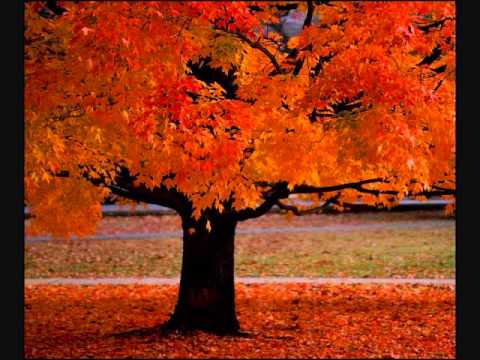The Four Seasons by Vivaldi is a set of four violin concertos composed in 1723. The concertos are named after the four seasons of the year: Spring, Summer, Autumn, and Winter. The concertos were written in the Baroque style, and each one captures the mood and atmosphere of the particular season.
Spring
The first concerto, Spring, is a lively and joyful piece, full of energy and optimism. It features a range of instruments, from the violin to the harpsichord, and uses a wide range of dynamics and tempos. It opens with a lively allegro movement, followed by a more lyrical and delicate second movement. The third movement is a playful, dance-like movement, and the fourth movement is a vibrant finale.
Summer
The second concerto, Summer, is a much darker and more intense piece than Spring. It opens with a powerful and stormy allegro movement, followed by a slower and more reflective adagio movement. The third movement is a lively and energetic presto, and the fourth movement is a menacing and dramatic finale.
Autumn
The third concerto, Autumn, is a more melancholic and reflective piece than the previous two. It opens with a slow and melancholic allegro movement, followed by a more upbeat and lively second movement. The third movement is a playful, dance-like presto, and the fourth movement is a contemplative and reflective finale.
Winter
The fourth concerto, Winter, is the most dramatic and intense of the four. It opens with a powerful and stormy allegro movement, followed by a more contemplative and reflective adagio movement. The third movement is a lively and energetic presto, and the fourth movement is a dramatic and intense finale.
Conclusion
Vivaldi’s Four Seasons is a masterpiece of the Baroque era, and one of the most beloved pieces of classical music. It captures the moods and atmospheres of each season in a unique and beautiful way. It is an essential part of the classical music repertoire, and an absolute must-listen for any classical music fan.


0 Comments